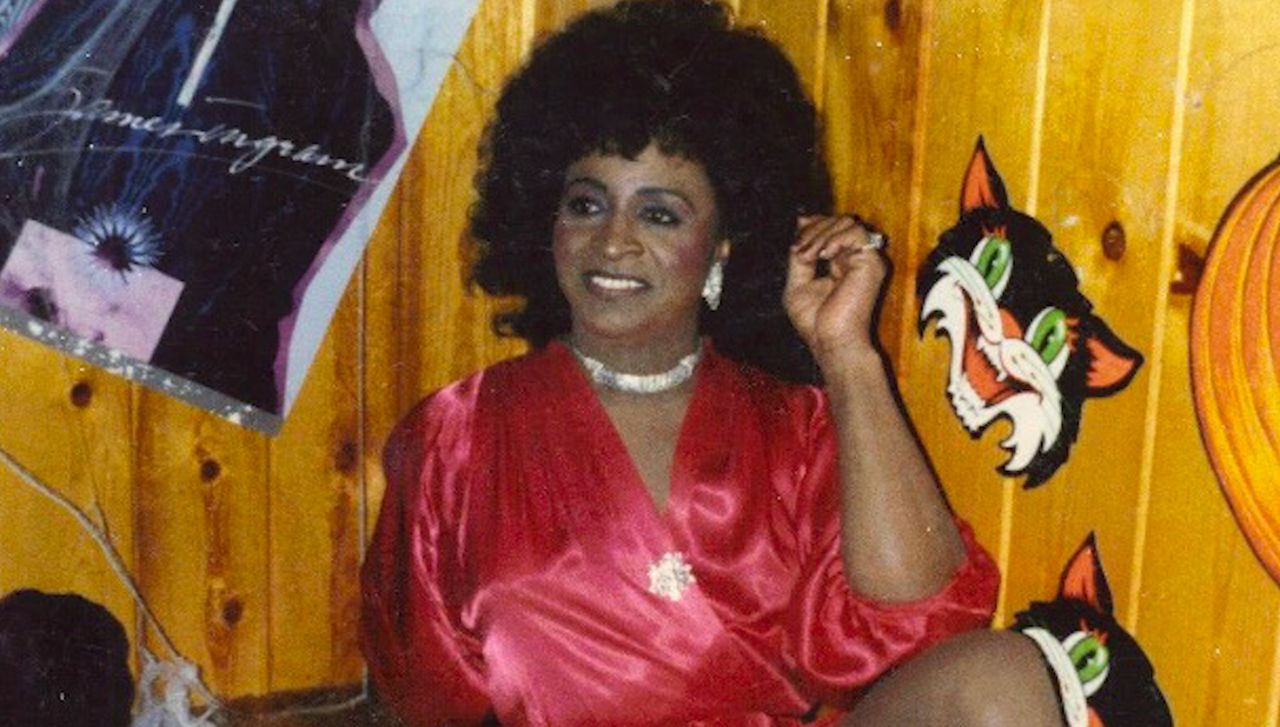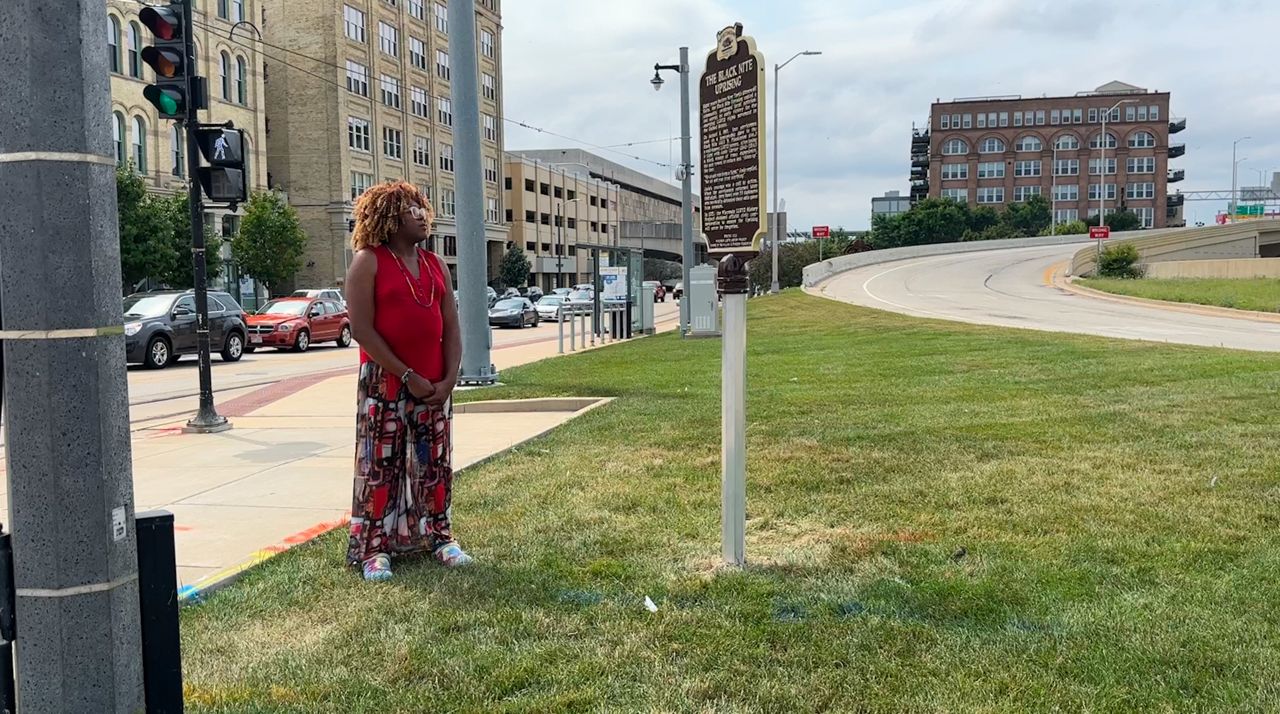MILWAUKEE — A Monday ceremony in Milwaukee marked Wisconsin’s first-ever LGBTQ historic landmark, which also honors a Black transgender woman.
The landmark is located in downtown Milwaukee at the intersection of West St. Paul and North Plankinton Avenues. That’s where the Black Nite tavern — a bar popular with the local LGBTQ community — used to be.

The Black Nite ended up being the site of Wisconsin’s first LGBTQ uprising.
On Aug. 5, 1961, four servicemen violently entered the Black Nite and started fighting with the patrons. Josie Carter, a young Black transgender woman, stepped up and defended the tavern, at a time when drag queens were not publicly accepted. Carter was a Milwaukee native. She died in 2014 at the age of 76.

Michael Takach, the chair of the Wisconsin LGBTQ History Project, said what happened at the Black Nite represented a turning point for Milwaukee’s LGBTQ community in standing up to hatred.
Takach said the Black Nite Uprising was almost forgotten. The Wisconsin LGBTQ History Project worked to research it by talking to Carter and witnesses.
“The challenge was that Josie thought this happened a decade later than it really did, so it took us a while to start finding news clippings, police reports, hospital records and legal records, which all pointed to an event in August of 1961,” Takach said.
Jamila Mitchell stopped by to view the historical marker Monday. She is a Black transgender woman who works to help LGBTQ youth in Milwaukee.
“Without Josie’s stand and the work that many of the elders were doing back in the day, we would probably not have been able to enjoy certain protections at a time when they were unheard of,” Mitchell said. “We hear stories about Stonewall that happened in New York City, which is great, and it motivated me as a young queer, as a young trans kid. However learning about Josie Carter basically was my sign to myself that I can stand up for myself and my people.”

The Black Nite was torn down in 1966, to make way for freeway expansion.
Mitchell said it’s important for the historical marker to be here in its place, to inspire the next generation of advocates. She said protecting the transgender community in Milwaukee and beyond is just as important now as it was then.
“Over the last two to three years, a lot of my trans sisters have been murdered due to anti-trans crime,” Mitchell said. “Yes, I love working with others to make Milwaukee better, but there is a specific focus on protecting my Black trans sisters and really all my trans sisters and LGBTQ youth in Milwaukee.”



